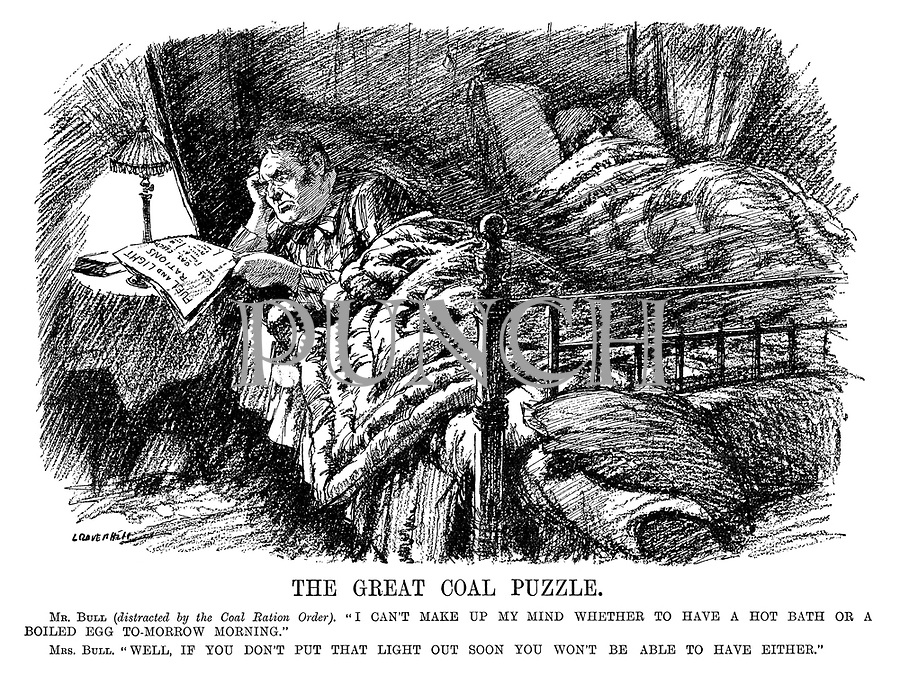16th September 1941
Aircraft for the first squadron of Miles Marlin fighters are handed over to 803 Naval Air Squadron at HMS Hornbill in Norfolk. In view of the increasingly aggressive posture of Japan in the Far East their training has been accelerated and they are scheduled to ferry their aircraft out to Singapore in only four weeks’ time from where they will join their carrier.
For the same reason, Miles have cut back on production of their Master and Magister trainers to allow increased production of the Marlin. Miles are now producing 5 aircraft per week, and plans are afoot to increase production substantially. To make up the shortfall in training aircraft a contract is placed with Fokker for 300 S.X trainers, with the first to be delivered in December.
After a major fright when HMS Wolverine (trials ship for the Fairlie Mortar) ran over her own bombs - which fortunately were being fired with very much reduced charges for the trials - the Admiralty asks the team at the Anti-Submarine Branch under A.S. Smith to work on major modifications to the weapon. While the concept of an ahead-throwing depth charge projector is generally liked, the aerodynamic properties of the charges used are very poor, the sink rate is far too low and the weapons are an utter pig to reload.
17th September 1941
Dr Merritt from the tank branch of Woolwich Arsenal meets with senior civil servants and RAC officers to discuss the progress of the Churchill and Black Prince projects. Overall his report is that both tanks are at almost the same state of readiness for production, somewhat to their surprise. The Black Prince tank is a little bigger, more expensive and more complicated than the Churchill design, but clearly outmatches the latest German tanks (the Churchill is considered to be broadly equivalent to them).
The engine issue is a thorny one. The Lion engine is easier to produce and lighter, while the Rootes-Coatalen engine is a little heavier but significantly more compact. Both engines in their current form require non-standard fuels and will be damaged if used with pool petrol, and when de-tuned to a level suitable for service produce about the same amount of power. The real joker in the pack is the fact that the Ford GAA engine is now becoming available in quantity, can use pool petrol and is both lighter and more compact than the other engines. This hadn't been predicted at the start of the development process, but all present agree that given its advantages over the alternative engines (and the fact that it is already being produced in quantity, while the others would need a new production line setting up) mean it is the obvious choice and could be adopted for both tanks.
In the end it is decided to standardise on the Black Prince design fitted with the Ford GAA engine, the final clincher being that the 6pdr is considered just a little bit too anaemic to face the rumoured new German tanks and the Churchill cannot easily be upgraded to take the bigger gun. The 6pdr Valentine is generally considered good enough until the new Black Prince becomes available, particularly given that the Archer self-propelled gun armed with the same 77mm HV gun as the Black Prince will very soon be entering service in quantity and will give armoured units sufficient firepower to stop any of the new German tanks.
18th September 1941
U-67 is sunk 250 miles WNW of Cape Finisterre by a Liberator of Aéronavale Escadrille 7S.
